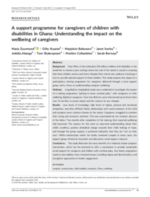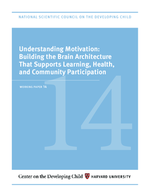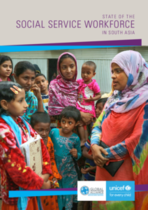Violence and Trauma in the Romanian Residential Child Protection
Exploring the testimonials collected during a focus group and 45 individual interviews with adult alumni of such institutions the Romanian research team enrolled in the SASCA Project revealed a wide range of forms of violence and traumatic consequences.



